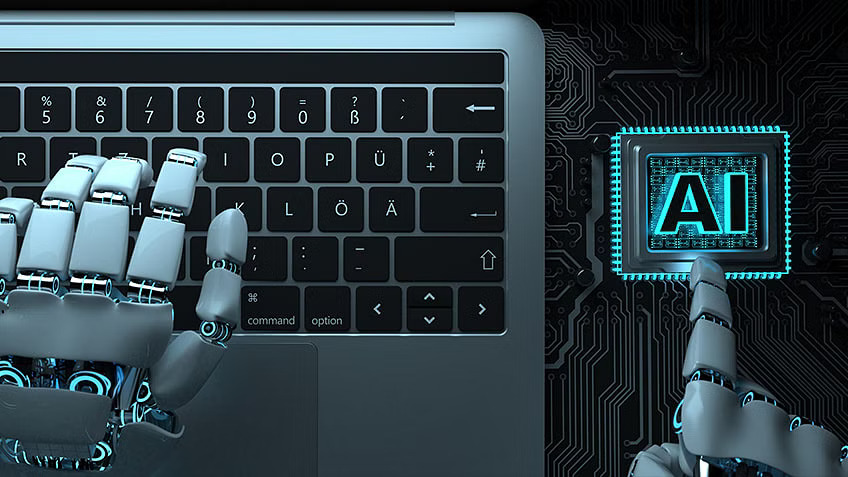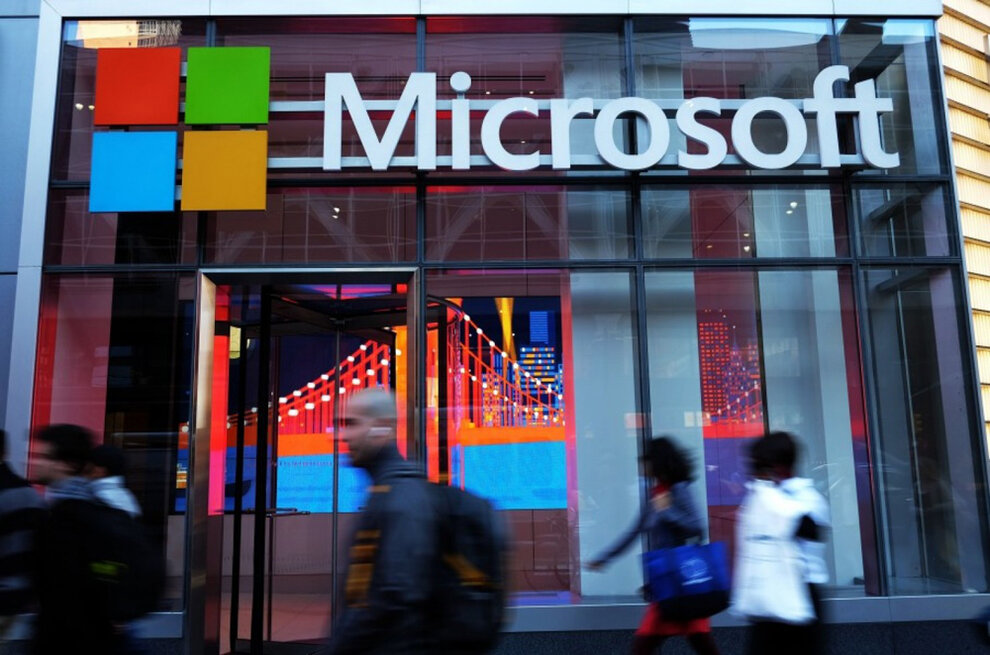Recently, Microsoft researchers have pointed out that artificial intelligence (AI) is making people increasingly dependent on technology, especially in their ability to think critically.

The study found that many people are starting to rely on AI to make decisions, sometimes ignoring the errors that AI can make. This raises concerns about long-term dependence on machines and humans' ability to solve problems independently.
A concrete example is that in today's technological age, many people may not remember the phone numbers of their spouses, parents, children or close friends. In the past, memorizing these phone numbers was normal, but smartphones have now replaced this role by being able to store all the necessary information.
The researchers also noted that automating routine tasks can reduce people’s opportunities to practice judgment and develop cognitive abilities. This means that when they encounter unusual situations, they may not be well-prepared to handle them. In particular, workers who rely on AI are at higher risk of lacking critical thinking skills.

A report from 404 Media found that users who have little trust in AI results or do not rely on AI tend to think more critically and are more confident in evaluating the quality of AI output.
To address this problem, the researchers recommend that Microsoft and other tech companies develop AI tools that not only automate but also push users to practice critical thinking skills.











